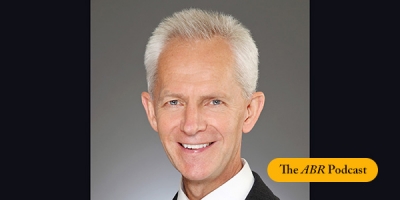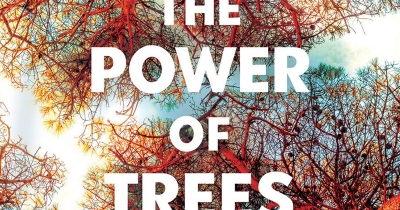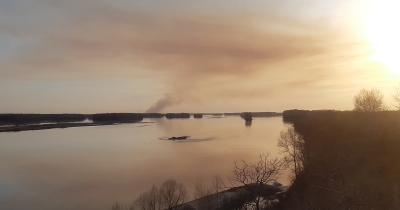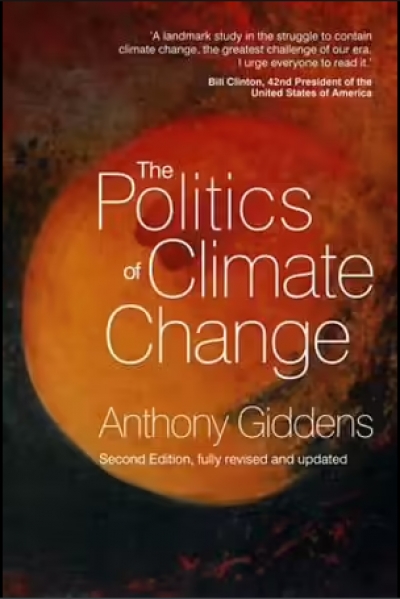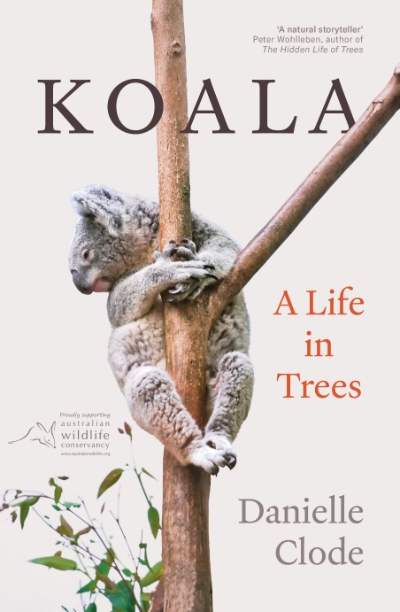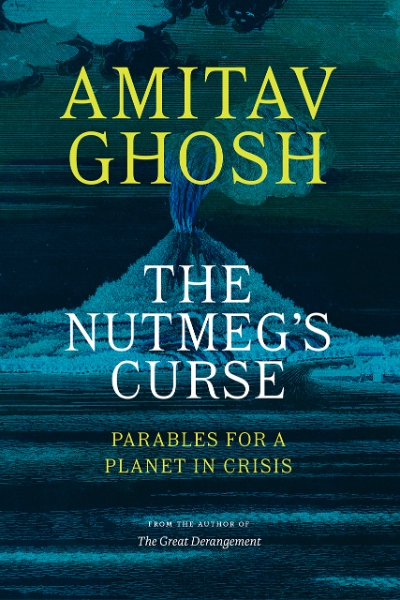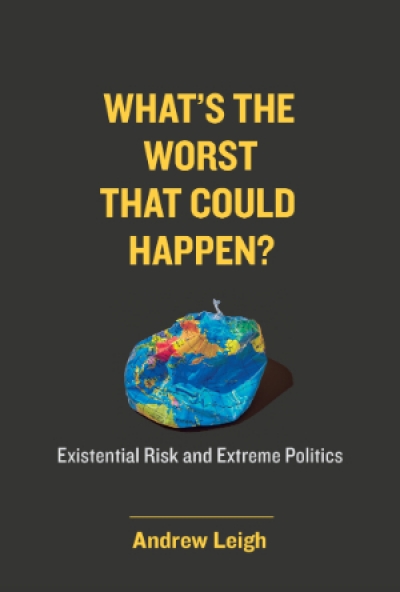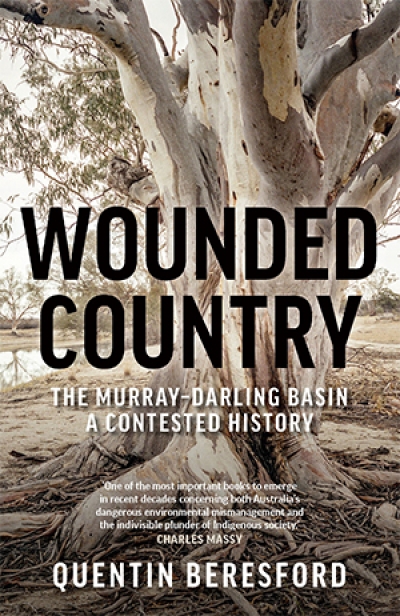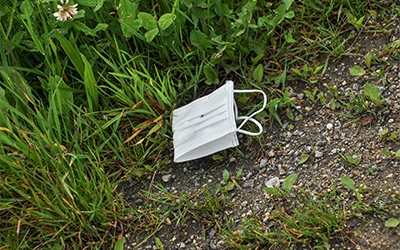Climate Change
Climate Change and International History: Negotiating science, global change, and environmental justice by Ruth A. Morgan
On this week’s ABR Podcast, Julian V. McCarthy reviews Powering Up: Unleashing the clean energy supply chain by Alan Finkel. McCarthy endorses Finkel’s claim that conceptually and technically the solution is simple – ‘electrify everything’ – as well as his judgement that this transformation will require considerable social, economic, and political shifts. Julian V. Mcarthy is a senior adviser on clean energy transition. Listen to ‘Shipping sunshine: Accelerating clean energy transformation’, published in the September issue of ABR.
... (read more)The Power of Trees: How ancient forests can save us if we let them by Peter Wohlleben, translated by Jane Billinghurst
I feel like I need to come out every day. I’m pushing the stroller, fishing out the dummy, pointing out dogs, but this isn’t what it looks like. At the playground or the checkout, I take the nods and maternal solidarity, staying inside the parenting illusion until it feels slightly disingenuous. I am not the mother. I am an aunt instead, if ‘instead’ is even the right word. There are categories – infertile, childless by circumstance, childless by choice – and within these, more specific groups like the Birthstrikers, who are publicly delaying procreation until there is climate action. Being an aunt of the Anthropocene is none of these, and all of them at once.
... (read more)The Nutmeg’s Curse: Parables for a planet in crisis by Amitav Ghosh
What’s the Worst That Could Happen?: Existential risk and extreme politics by Andrew Leigh
Wounded Country: The Murray–Darling Basin – a contested history by Quentin Beresford
If the Covid-19 pandemic has taught us anything, it is that there has never been a better time to respond to the climate crisis than now. The global nature of Covid-19 has made it clear that global issues need a coordinated response and can easily affect the welfare of every human being on earth. The virus has shown us that it is absolutely crucial to listen to the science. Governments, in responding to epidemiological forecasts, have rapidly spent hundreds of billions of dollars on welfare subsidies, enforcing social distancing, protective equipment, mental health services, and vaccine research.
... (read more)
